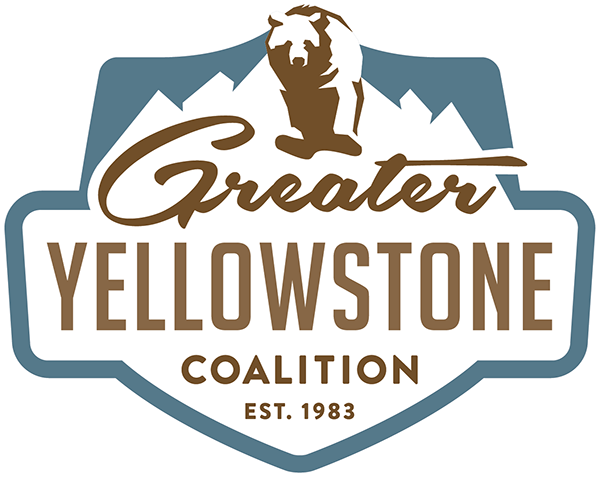New Yellowstone Bison Plan a Step in the Right Direction
FOR IMMEDIATE RELEASE: Thursday, June 6, 2024
Contact: Emilie Ritter, eritter@greateryellowstone.org
Yellowstone National Park’s bison population draws millions of visitors from around the world each year and represents one of this country’s greatest conservation success stories. Now, for the first time in nearly 25 years, the park has released a new bison management plan, marking a positive step forward in conserving and restoring America’s national mammal. This new plan signals an improvement from the 2000 Interagency Bison Management Plan, with its outdated and politically driven population objective of 3,000 bison.
“We applaud Yellowstone National Park for crafting a plan that prioritizes restoration through the park’s Bison Conservation Transfer Program and supports migration into tolerance areas outside the park,” said Greater Yellowstone Coalition Executive Director Scott Christensen. “Bison management is complex, and this plan represents a continued commitment to coordinate with Tribes, the state, and other interests to maintain a healthy population within the park and promote bison restoration on Tribal lands and hunting opportunities that honor treaty rights.”
GYC has long advocated for managing bison as a valued wildlife species and moving away from the ship-to-slaughter model of population control. This plan strides toward that goal by keeping more bison alive and building upon the past 20 years of progress made in Yellowstone bison conservation. For example, the recently expanded Bison Conservation Transfer Program supports a growing effort to use Yellowstone bison to restore herds on Tribal lands across the country. The Greater Yellowstone Coalition and other conservation groups also operate a successful coexistence program that works with landowners to fund conflict reduction projects in the Gardiner and Hebgen basins, completing more than 50 projects in recent years. Tribal Nations are now major players in buffalo restoration, as well as population management through treaty right hunts.
The new plan makes important adjustments to bison management, but it also has limitations, primarily that it only addresses animals within Yellowstone National Park. The park also faces strong opposition from the State of Montana, including a demand to cut the bison population nearly in half. This despite nearly 75 percent of Montanans supporting bison conservation and restoration.
“While we and many others asked for a higher population range, we also understand the park’s constraints with continued opposition from the State of Montana and limited habitat currently available to bison beyond park boundaries,” said Christensen. “Clearly there is more work to be done, and we appreciate the park seeking input on this plan over the past several years and engaging the public, Tribal partners, and the state in a dialogue about the future of Yellowstone’s treasured bison.
With the vast majority of Montanans and the American public squarely in support of this iconic animal, it is time for a new era in bison conservation that focuses on the ecological and cultural restoration of this uniquely American wildlife species.
